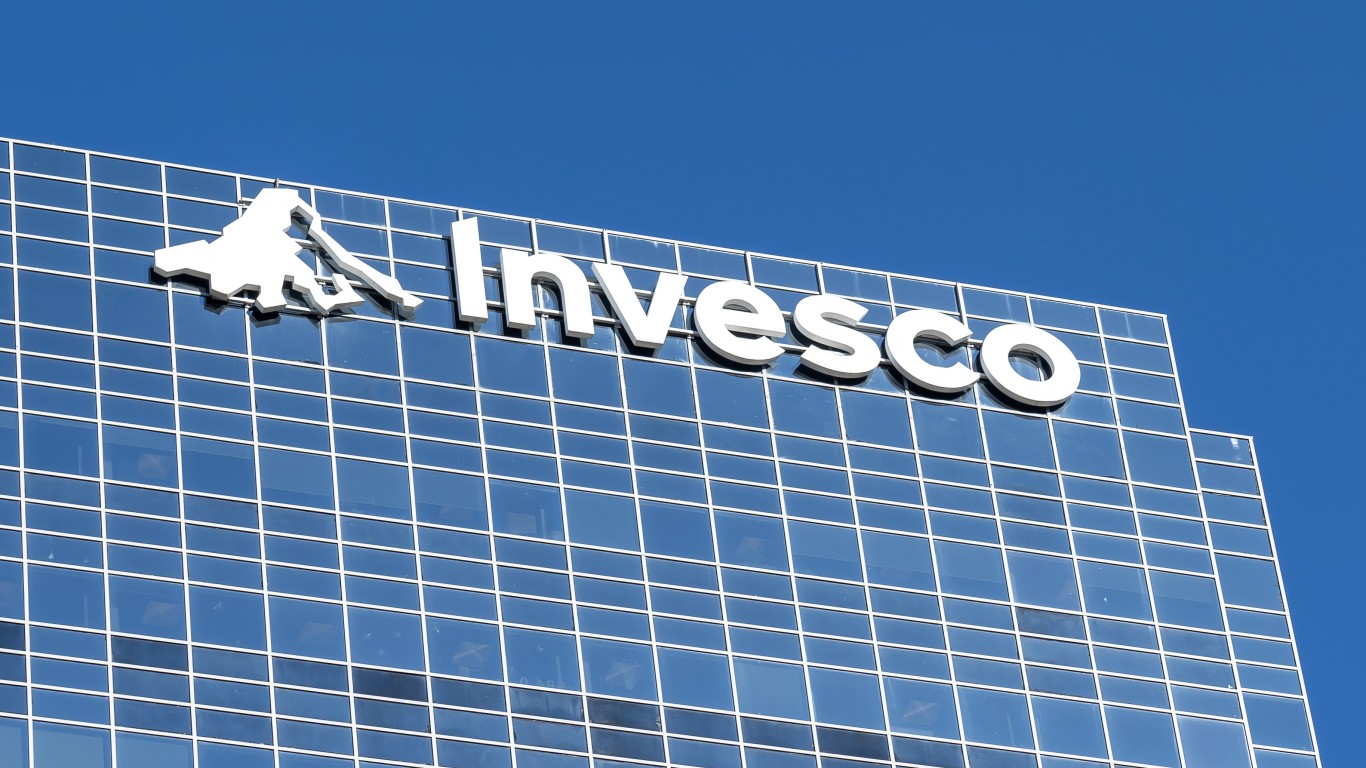
GMX, the native token of decentralized perpetual exchange GMX, has been one of the best performers in November, gaining around 24% despite the overall sour market conditions. The rally comes as the exodus to decentralized platforms gathers momentum amid the collapse of FTX and other high-profile centralized crypto firms.
What is GMX, and Why is it Trending?
GMX is a decentralized futures trading platform that allows users to trade various cryptocurrencies, including BTC, ETH, and other popular digital assets, directly from their crypto wallets. Unlike centralized platforms like Binance and Coinbase, GMX is non-custodial, facilitating trustless leveraged trading using smart contracts rather than taking custody of users’ assets.
The platform has seen a spike in popularity over the past couple of weeks amid the collapse of FTX. Millions of retail users lost their life savings in the FTX collapse, which birthed new life to the decade-old mantra “not your keys, not your coins.” And along with the rising popularity of GMX, the native token of the platform has also seen a handsome uptick.
GMX, which initially suffered a major crash along with the broader crypto market during the FTX collapse, started its upward movement as demand for the project increased. GMX quickly jumped to a local high of around $46 on November 14 from its monthly low of $26.38 on November 10.
GMX managed to maintain its gains for the rest of November, registering a small price jump and never dipping too low. As of now, the coin is trading at $50.83, down by 7.8% over the past 24 hours, which is arguably a natural correction following a 20% rally. Over the last month, the coin is up around 24%, while the broader crypto market is down by around 20%.
Notably, GMX surged to $54.50, its second-highest position in history, on December 1 as traders weighed in on the decentralized exchange’s potential to develop as a significant threat to its main rival Uniswap.
FTX Collapse Triggers Interest in DEXs
FTX, once the third-largest crypto exchange in the world, filed for Chapter 11 bankruptcy in early November after failing to secure emergency funding. The company reportedly has about $10 billion in liabilities.
The collapse of FTX eroded user trust in centralized players and created a gap in the perpetual market, setting the stage for decentralized alternatives to attract users. GMX, Gains Network, a decentralized leveraged trading platform on Polygon, and Uniswap have been such platforms.
These decentralized exchanges have seen their trading volume spike to record levels. For instance, GMX has seen a 128% growth in yearly trading volume and a 31% increase in daily active users. Likewise, Uniswap has seen an increase in daily active users of 8% and annualized income of nearly 75%.
The income of GMX has also increased by 107%, reaching $5 million in November. Notably, the platform earned a record $1.15 million in trading fees on November 20, surpassing Uniswap’s $1.06 million for the first time ever.
This article originally appeared on The Tokenist
Cash Back Credit Cards Have Never Been This Good
Credit card companies are at war, handing out free rewards and benefits to win the best customers. A good cash back card can be worth thousands of dollars a year in free money, not to mention other perks like travel, insurance, and access to fancy lounges. See our top picks for the best credit cards today. You won’t want to miss some of these offers.
Flywheel Publishing has partnered with CardRatings for our coverage of credit card products. Flywheel Publishing and CardRatings may receive a commission from card issuers.
Thank you for reading! Have some feedback for us?
Contact the 24/7 Wall St. editorial team.





